Not all processed foods deserve their bad reputation—but some absolutely do. The trick is knowing which ones quietly sabotage your health and which ones might actually be doing you a favor.
Hidden in colorful packages and convenience promises are ingredients that can either weigh you down or work in your favor. This list separates the sneaky offenders from the unexpected heroes.
1. Packaged Snack Cakes

Holy sugar bomb! Those innocent-looking plastic-wrapped cakes lurking in vending machines pack more chemicals than a high school science lab. The average snack cake contains over 30 ingredients – most unpronounceable without a chemistry degree.
Your body basically short-circuits when that flood of refined sugar, hydrogenated oils, and artificial flavors hits your system. The temporary sugar high crashes faster than a toddler after a candy binge.
2. Sugary Breakfast Cereals
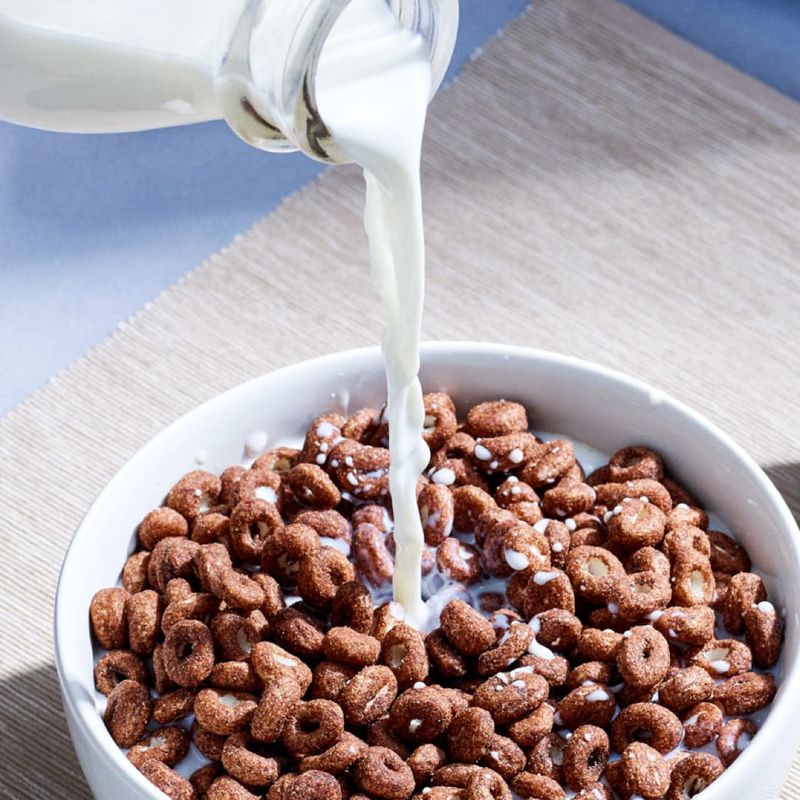
Breakfast champion or dessert in disguise? Those rainbow-colored loops and marshmallow-studded morning marvels might as well be candy in a bowl. Most kiddie cereals contain more sugar per serving than actual chocolate chip cookies!
Manufacturers cleverly splash “FORTIFIED WITH VITAMINS!” across boxes to distract from the sugar content that would make a dentist weep. That artificial coloring turning your milk neon blue? Linked to hyperactivity in children and various health concerns.
3. Processed Meats
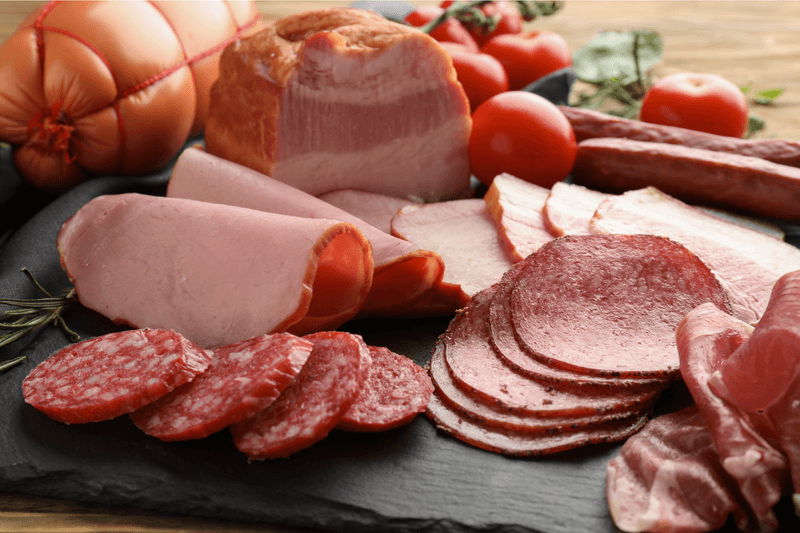
Bacon, hot dogs, and deli slices – the heartbreakers of the food world! These meaty treats might taste heavenly but come with a devilish health price tag. The World Health Organization actually classifies processed meats as Group 1 carcinogens, placing them in the same category as cigarettes (yikes!).
The preservation process uses sodium nitrite to prevent bacterial growth and maintain that appealing pink color. Unfortunately, when heated, these compounds can form nitrosamines – known cancer-promoting agents.
4. Instant Noodles

College student survival kit or nutritional nightmare? Those dirt-cheap noodle blocks might save your wallet, but they’re bankrupting your health. One package contains enough sodium to make your blood pressure skyrocket – sometimes nearly 80% of your daily recommended intake!
The noodles undergo a flash-frying process in oil before packaging, explaining why they’re so quick to prepare (and why they contribute so many empty calories). That mysterious flavor packet? A laboratory concoction of MSG, artificial flavors, and enough salt to preserve a small mammal.
5. Flavored Potato Chips
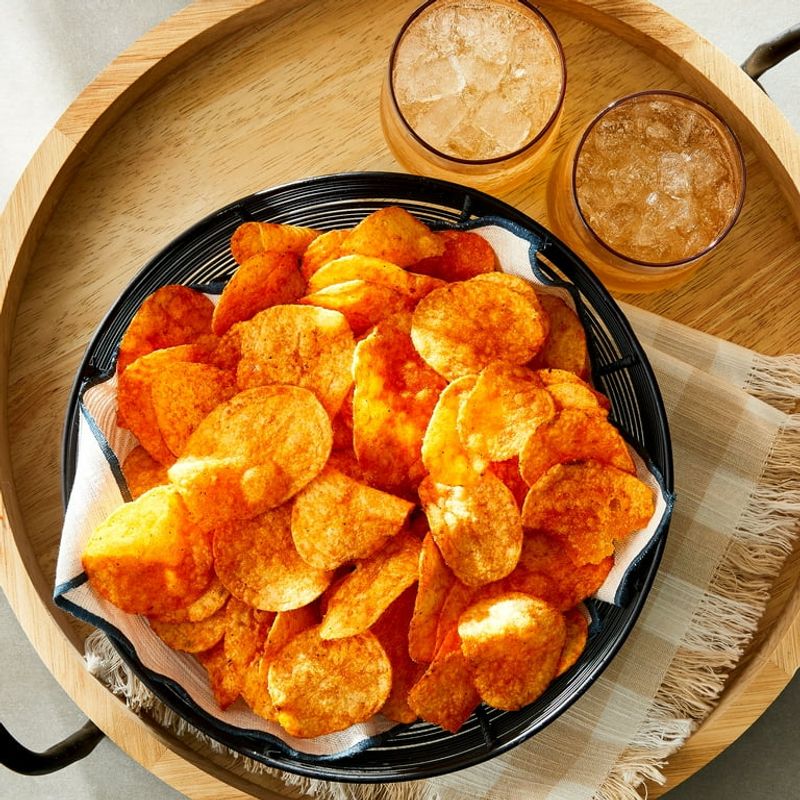
“Betcha can’t eat just one” isn’t just a slogan – it’s food science at work! Manufacturers engineer these crispy devils using the “bliss point” formula to create the perfect addiction-triggering balance of salt, fat, and artificial flavors.
That neon orange “cheese” dust coating your fingers contains zero actual cheese. Instead, you’re licking a cocktail of chemical flavor enhancers, artificial colors, and questionable ingredients like “disodium inosinate.” Your taste buds might celebrate, but your body is silently protesting.
6. Pre-Packaged Frozen Dinners
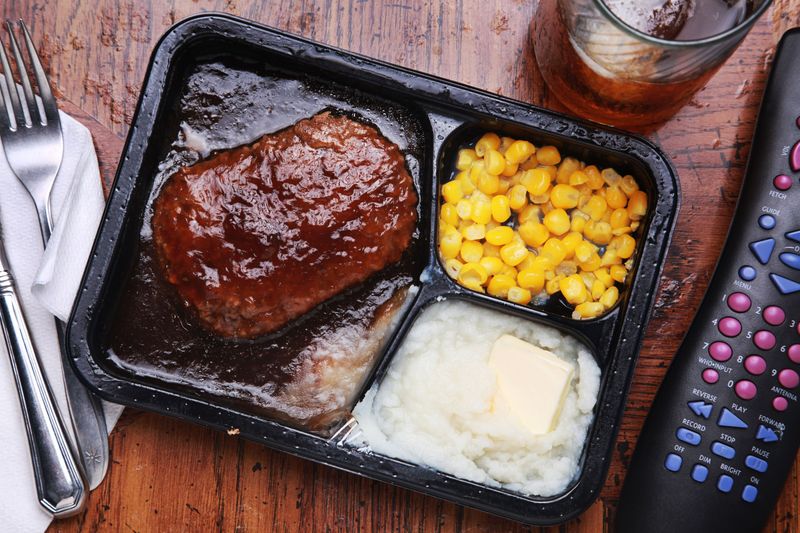
Microwave magic or nutritional tragedy? Those compartmentalized trays promising a complete meal in minutes hide a dark secret beneath their steam-vented plastic. Most frozen dinners contain more preservatives than actual vegetables!
Sodium levels reach astronomical heights – often exceeding 1,000mg per serving – as manufacturers compensate for flavor lost during freezing and reheating. The texture of that “grilled” chicken breast? Achieved through texturizing agents and fillers, not actual quality meat.
7. Soda

Liquid candy in disguise! That refreshing fizzy beverage delivers a staggering 10 teaspoons of sugar per can – imagine eating 10 sugar cubes in one sitting. Your pancreas practically screams for mercy with each gulp.
The phosphoric acid that gives cola its tangy bite is so acidic it can clean toilet bowls and remove rust from metal. This same acid leaches calcium from your bones, contributing to osteoporosis over time. Regular soda drinkers face significantly higher risks of type 2 diabetes, heart disease, and obesity.
8. Cheese Spreads
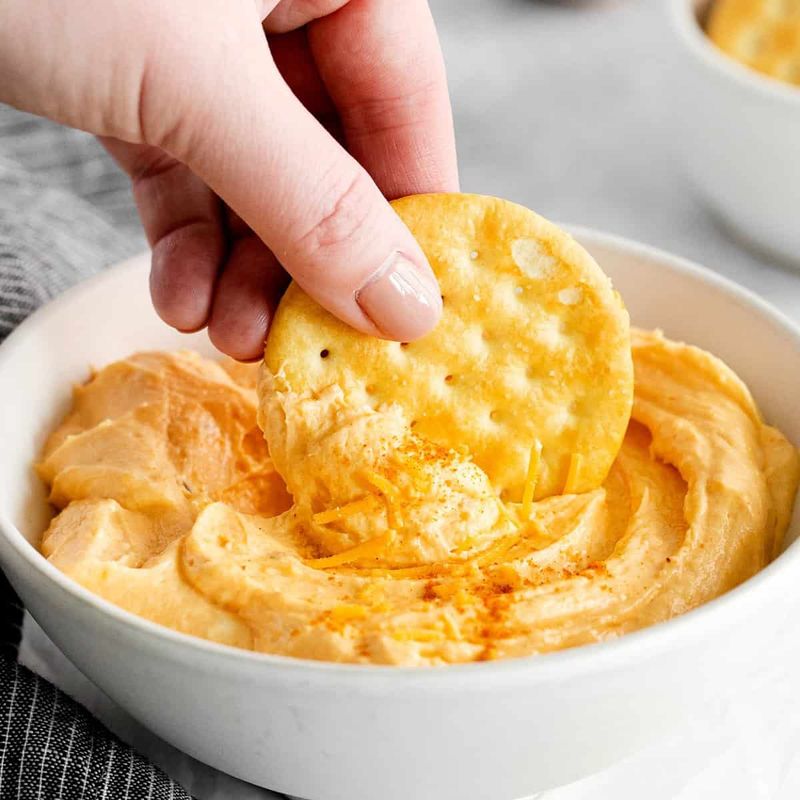
Mystery orange goo masquerading as dairy! Those shelf-stable cheese products barely qualify as actual food – many contain less than 51% real cheese. The rest? A laboratory experiment of emulsifiers, preservatives, and artificial colors.
The unnaturally smooth texture comes courtesy of sodium phosphate, which prevents the natural separation that occurs in real cheese. This same additive has been linked to increased risk of kidney disease and cardiovascular problems when consumed regularly.
9. Canned Beans
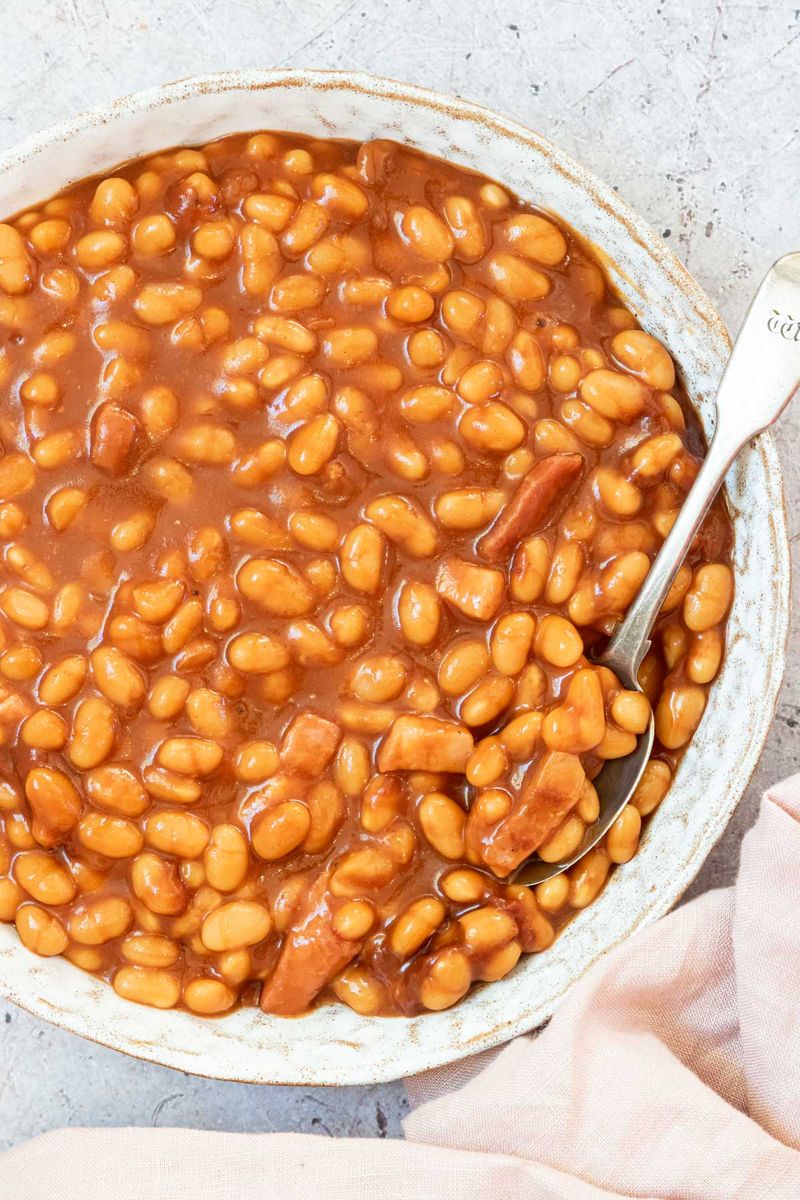
Fiber-packed powerhouses at your fingertips! Unlike their processed food villains, canned beans deliver legitimate nutrition in convenient form. These humble pantry heroes pack impressive protein (about 7g per half-cup) and fiber (around 8g) that keeps your digestive system dancing with joy.
Worried about sodium? A quick rinse under cool water slashes salt content by up to 40%. Many brands now offer no-salt-added versions for health-conscious shoppers.
10. Frozen Vegetables
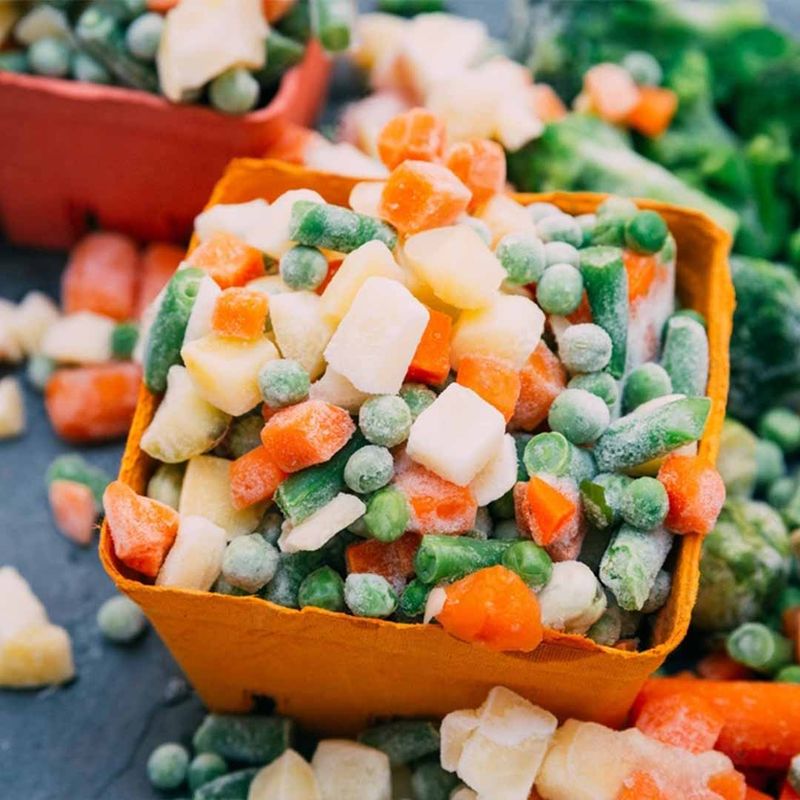
Nutritional time capsules in your freezer! Contrary to common belief, frozen veggies often contain MORE nutrients than their “fresh” counterparts wilting in your produce drawer. Why? They’re flash-frozen within hours of harvest, locking in vitamins at their peak.
Science backs this up – studies from UC Davis found frozen broccoli, corn, and green beans retained equal or higher levels of vitamin C and antioxidants compared to fresh versions stored for five days. No chopping, no washing, no waste – just pour what you need!
11. Plain Greek Yogurt
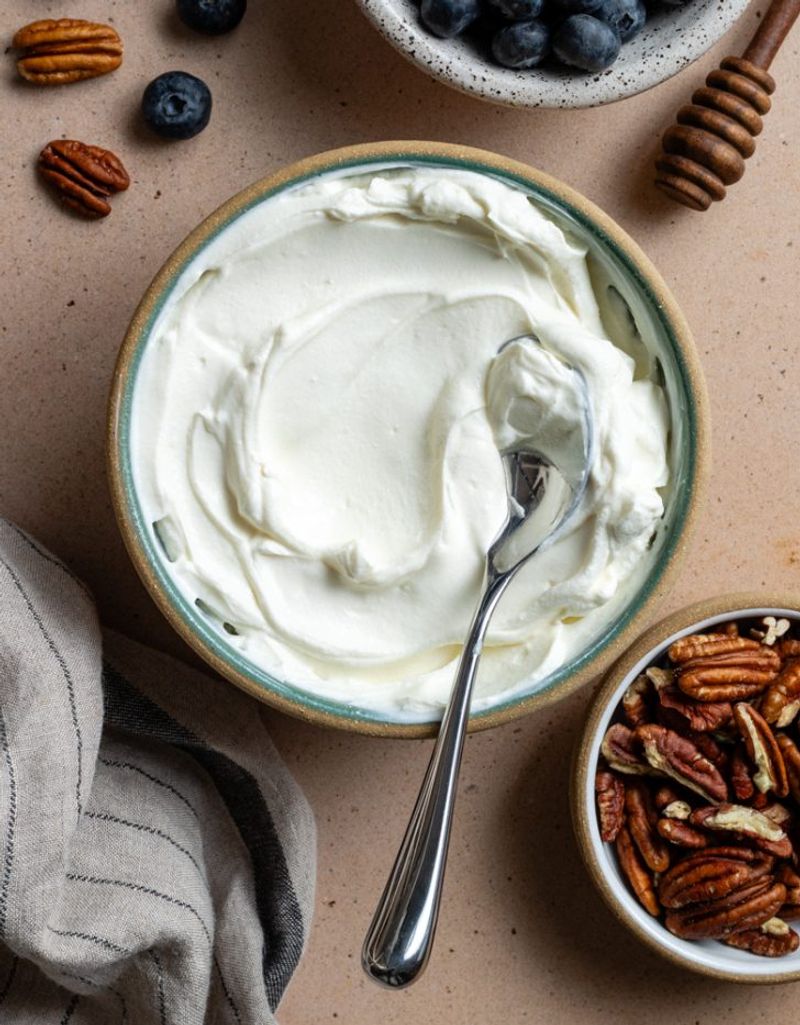
Protein powerhouse in a cup! This creamy miracle manages to be both processed AND incredibly nutritious – proof not all food processing is villainous. The straining process that creates Greek yogurt’s thick texture concentrates protein to impressive levels (17+ grams per cup).
Live active cultures transform this dairy delight into a probiotic superhero for your gut microbiome. These beneficial bacteria support everything from immune function to mental health – your intestinal residents throw a party every time you eat it!
12. Canned Tuna
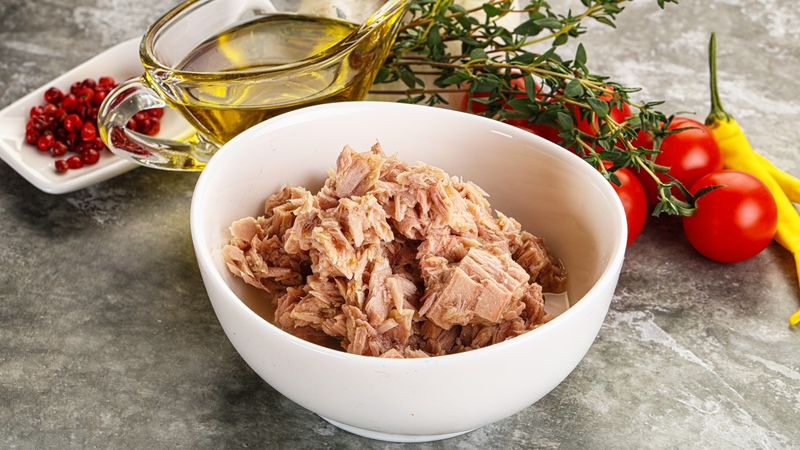
Gym bros and budget-conscious shoppers unite! This pantry superstar delivers lean protein at pennies per serving. A single can packs a whopping 20+ grams of complete protein – the muscle-building kind containing all essential amino acids your body can’t produce.
Heart-healthy omega-3 fatty acids swim abundantly in these convenient cans. These powerful anti-inflammatory compounds support brain function, joint health, and cardiovascular systems. Choose water-packed varieties to keep calories lower and nutrition density higher.
13. Nut Butters
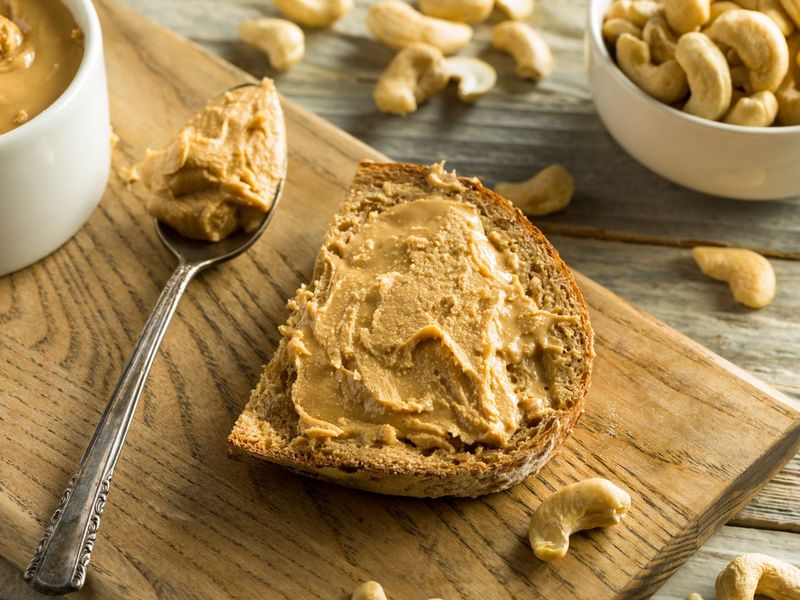
Spreadable satisfaction with actual nutritional merit! Natural nut butters – where the only ingredient should be nuts and maybe a pinch of salt – deliver heart-healthy fats that keep you fuller longer than their sugary breakfast companions.
That perfect blend of protein, fiber, and healthy fats creates a blood sugar-stabilizing trifecta. Studies show regular nut butter consumers maintain healthier weights despite the calorie density. The key? Proper portions (2 tablespoons is standard) and choosing minimally processed varieties.
14. Whole-Grain Bread
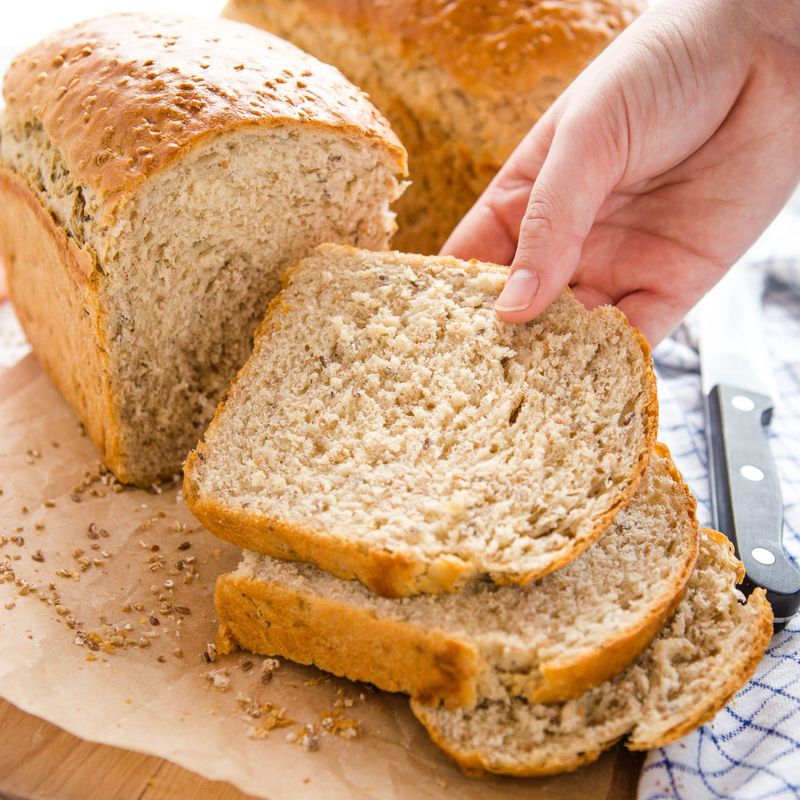
Not all bread deserves its bad reputation! Properly made whole-grain bread keeps company with the good guys in the processed food world. The fiber-rich outer bran and nutrient-packed germ remain intact, delivering a steady energy release instead of the blood sugar rollercoaster ride white bread provides.
Fermentation in traditional breadmaking actually increases mineral availability and reduces phytic acid that can block nutrient absorption. Sourdough varieties offer extra digestive benefits through natural fermentation.
15. Tomato Sauce
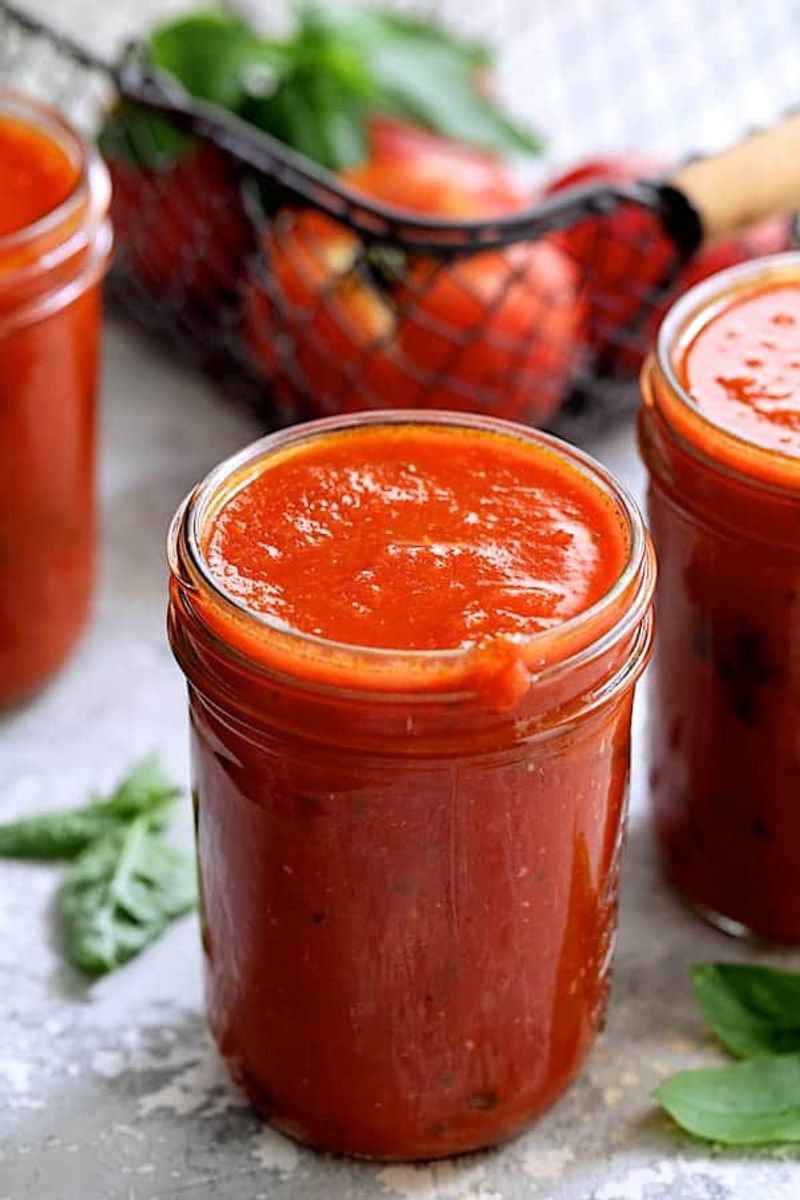
Lycopene superstar in a jar! The cooking process actually enhances tomatoes’ nutritional profile, making this convenient sauce nutritionally superior to raw tomatoes in some ways. Heat processing breaks down cell walls, releasing more lycopene – a powerful antioxidant linked to reduced cancer and heart disease risk.
Beyond pasta, this versatile processed food adds instant flavor to soups, stews, and grain bowls. Bonus points for jarred varieties in glass containers, which avoid the BPA concerns associated with some canned foods.

